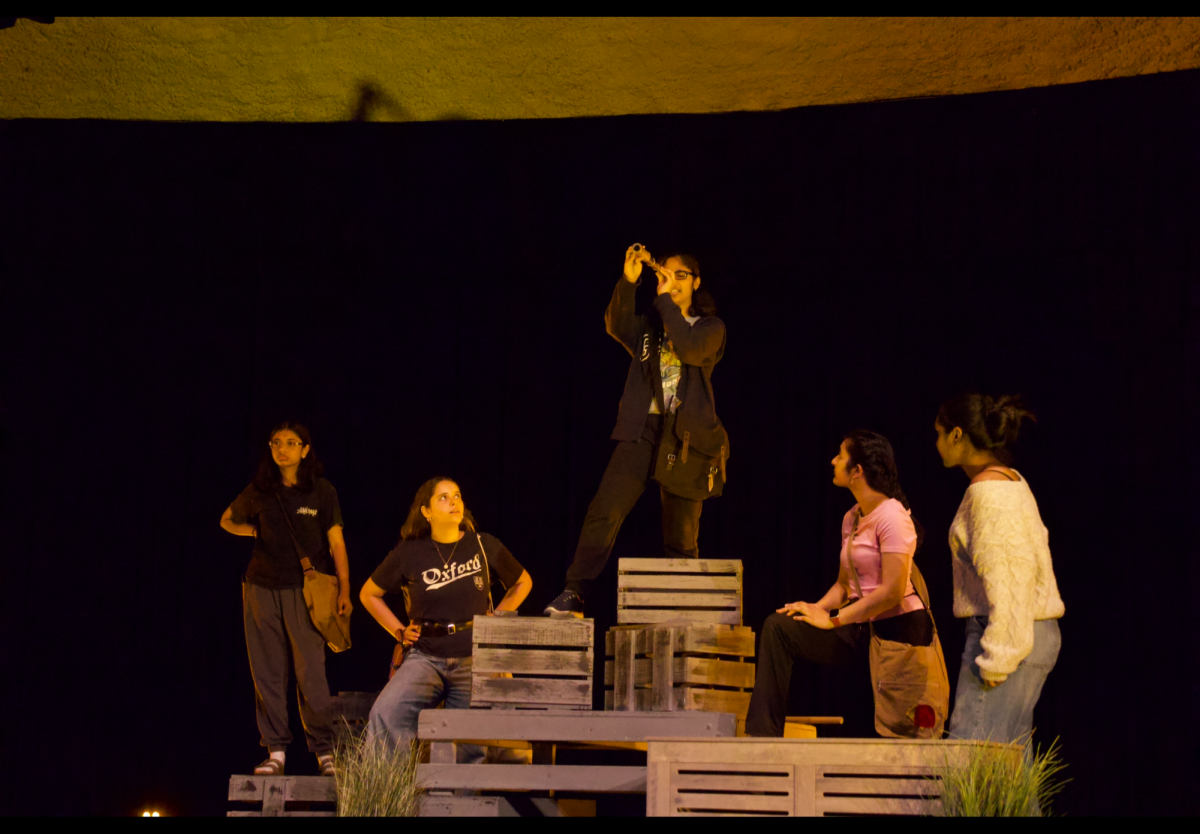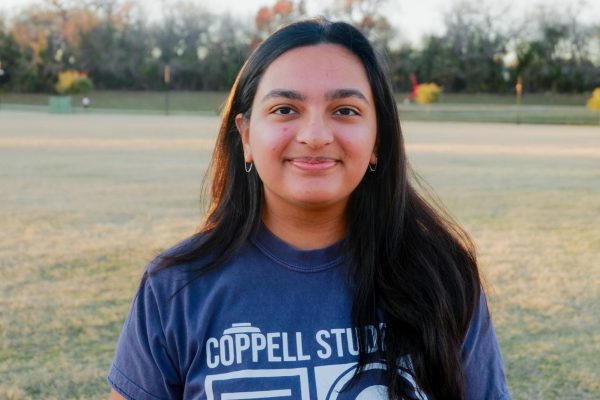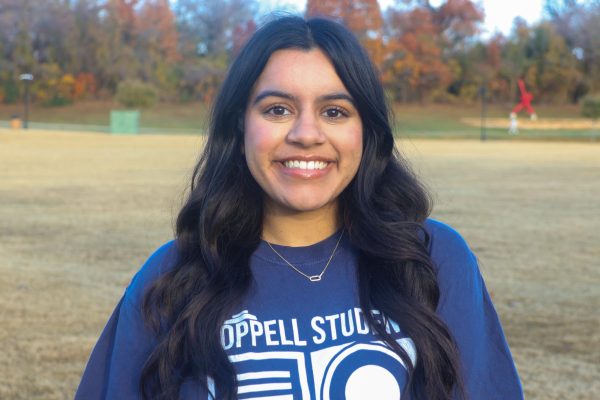CHS9 counselor Katie Walker is entering her fourth year as a counselor. However, Walker wasn’t always a counselor; she graduated from Angelo State University with a degree in speech pathology. Previously, she has worked as a special education teacher at Coppell Middle School West (CMSW).

Why did you switch from special education teaching to counseling?
There were several factors, but one of the bigger ones was knowing that kids need support and a listening ear. I think special education and counseling have a lot of the same skill sets because there’s a lot of patience that goes with it. If you are in the high school level, you have to know about courses and transition to high school or college and career force. It felt like a natural transition, the schools I worked in had a high at risk population. Families didn’t always know where to get that support and I liked being a resource that could help find those connections.
Why did you choose counseling?
I think that there is a need for it. Kids need to have connections and meaningful relationships. They need to have someone that they can talk to and feel safe with. It doesn’t always have to be me, if we can find that student someone that can be there then that helps a lot. They need to know it’s OK to be sad, angry or anxious and they need to know how to process those feelings.
How do you work to get your message across?
Being available, being able to listen and provide advice helps. I know my skill set and I know where I have to stop as a counselor because I’m not a therapist. It’s like a nurse, you’re not going to go to the nurse for chemotherapy but they can refer you to someone who can really help you.

Do you think your positive attitude helps you connect with the students?
I hope it does. I hope I make the students feel comfortable, heard and listened to. I know that sometimes it may not be helpful because, unlike a therapist, you can’t choose your counselor. I try to match what is needed but even if we don’t click, I am still there for the student. We are here at the end of the day to support and mold good citizens.
How do you work with students who come from backgrounds where mental health awareness is stigmatized?
It can be challenging. I talk to [CHS9 counselor Amy Blasingame] about this, but I want to make sure that I am culturally responsive since I don’t come from the same cultural background as a lot of my students. I have to learn and make sure that I am listening. If the student says ‘My parents will not want to hear this’ then I have to find a way to approach them in a way that is culturally sensitive.
What would you want to see regarding mental health progress both at CHS9 and in the United States?
I feel like we have gone leaps and bounds, especially since COVID-19, because most students are very emotionally aware and want help. I think we just need to be able to continue that momentum going forward and reminding people that they can ask for help. If there is more of a need for it then we can get more resources to help, but if people stay quiet then we think, “OK, we’re good, two counselors is enough.” I want to see more robust systems like having more counselors available for more than just academics.
Follow Nyah (@nyah_rama) and @CHSCampusNews on X.











